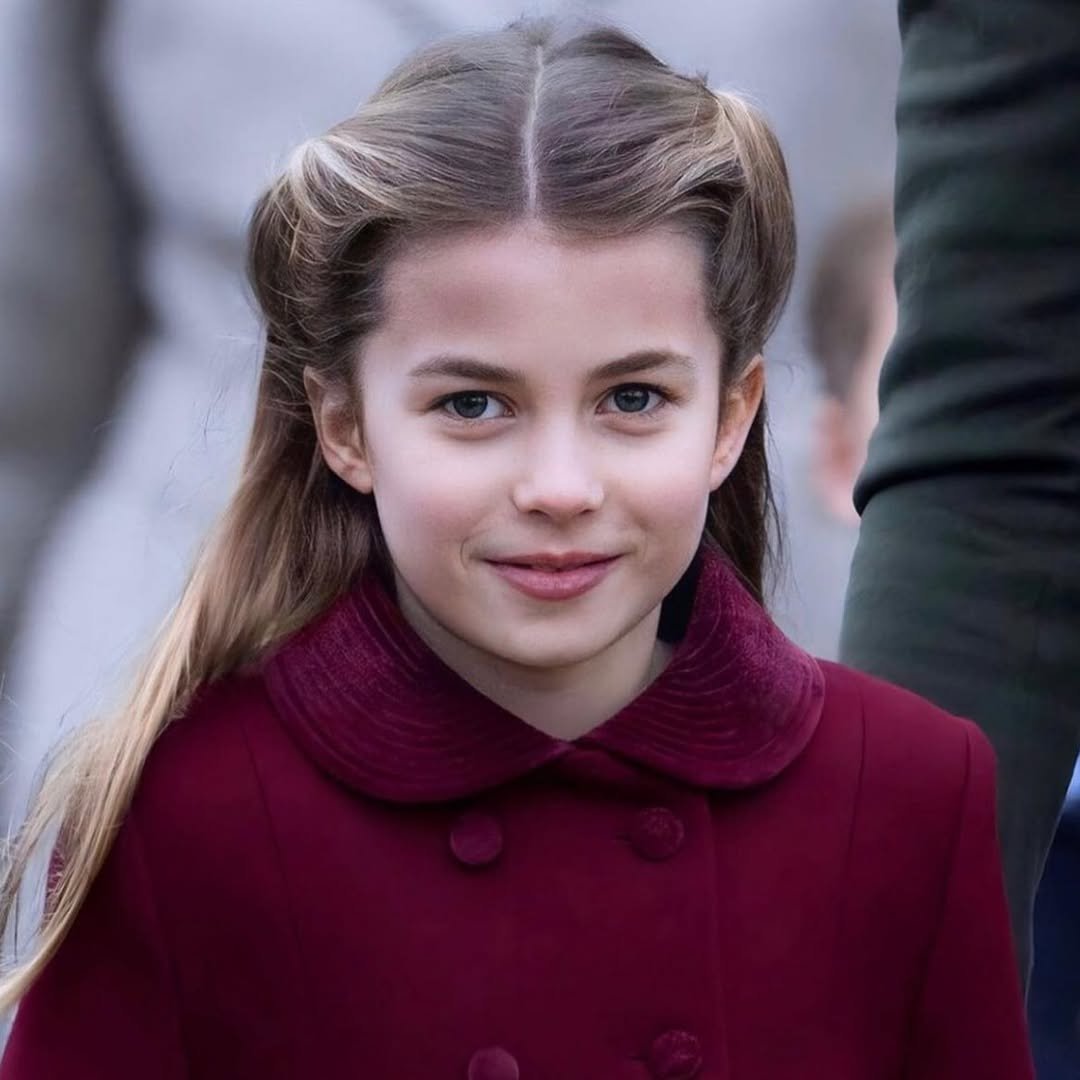Princess Charlotte Elizabeth Diana, born on May 2, 2015, is the only daughter of Prince William, Prince of Wales, and Catherine, Princess of Wales. As the third in line to the British throne, she holds a unique place in the royal family, symbolizing both tradition and the evolving face of monarchy in the 21st century.
A Historic Birth and Line of Succession
Princess Charlotte’s birth marked a historic moment for the British monarchy. Thanks to the Succession to the Crown Act 2013, which ended male primogeniture, Charlotte became the first female royal to retain her place in the line of succession ahead of a younger brother. This change reflects a modern commitment to gender equality within the royal family. Her full name honors key family members: Elizabeth for her great-grandmother Queen Elizabeth II and Diana for her late grandmother, Princess Diana.
Personality and Character: A Mini-Me of Kate Middleton
Those close to the royal family often describe Princess Charlotte as a confident, caring, and determined young girl with a strong personality reminiscent of her mother, Kate Middleton. She is known for having her own opinions and a natural ease in formal royal settings, often described as poised and mature beyond her years. At home, Charlotte is affectionately called “the one in charge,” showing leadership and assertiveness within her family.
Charlotte shares many interests with her mother, including a love for outdoor activities and sports such as ballet, tap dancing, rugby, and soccer. She is noted for her sportsmanship and grace, often congratulating players from rival teams, which highlights her competitive yet kind nature. This blend of strength and sweetness makes her a standout figure among the younger generation of royals.
Growing Up with Balance: Tradition and Normalcy
Kate Middleton and Prince William have been deliberate in raising their children with a balance of royal duty and normal childhood experiences. The family lives at Adelaide Cottage in Windsor, where they enjoy a more private and grounded lifestyle away from the intense public spotlight.
The couple has made thoughtful decisions to protect Charlotte’s well-being, including the choice of her name. Although many expected her to be named Diana, they opted not to, aiming to shield her from constant comparisons to her late grandmother. This decision reflects their careful approach to parenting amid the pressures of royal life.
Public Appearances and Royal Duties
Princess Charlotte has been involved in significant royal events from a young age. She has appeared alongside her family at major occasions such as the 80th anniversary of VE Day in May 2025, where she stood with calm composure on the Buckingham Palace balcony. Charlotte’s public appearances reveal a young royal who is comfortable with her role and capable of handling the responsibilities it entails.
Despite her royal duties, Charlotte remains a typical 10-year-old in many ways. She enjoys family traditions like movie nights, homemade pizzas, and cake decorating. She also shares memorable moments with her siblings, Prince George and Prince Louis, and has even attended popular events like Taylor Swift’s Eras Tour, showing a relatable side that endears her to the public.
The Future Role of Princess Charlotte
As she grows older, Princess Charlotte’s role within the royal family is expected to expand. There is speculation that she could one day be granted the title of Princess Royal, a prestigious honor currently held by Princess Anne. However, this title is at the discretion of the reigning monarch and may be accepted or declined, depending on Charlotte’s wishes.
Charlotte’s position as the spare to her older brother George, the future king, places her in a unique and sometimes challenging position. Her parents are mindful of the pressures this role can bring, especially given the experiences shared publicly by Prince Harry, who grew up as a spare. William and Kate are focused on providing Charlotte with a supportive environment that nurtures her individuality and prepares her for future responsibilities.
Conclusion
Princess Charlotte represents a new generation of royals who blend tradition with modern values. With her confident personality, strong family support, and a balanced upbringing, she is poised to play an important role in the future of the British monarchy. As she continues to grow and take on more public duties, Charlotte’s journey will be closely watched as a reflection of how the royal family adapts to the changing expectations of society.

